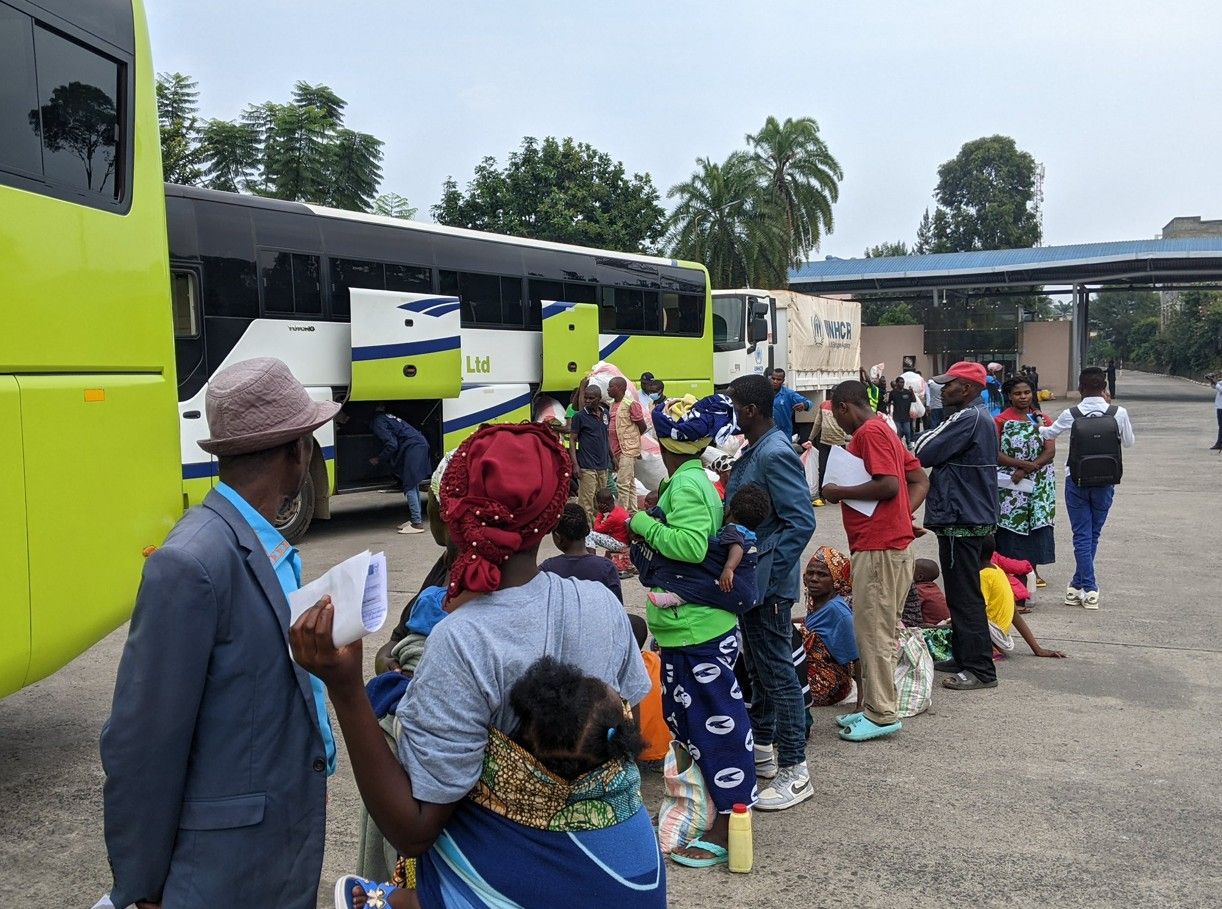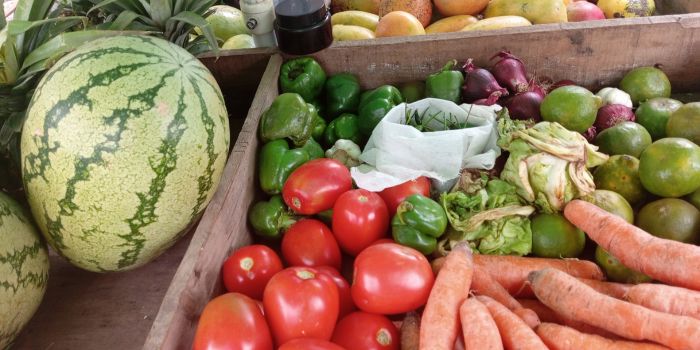Online abuse of Kenyan children with intellectual disabilities on the rise, report warns

The report highlights that these children, who make up about 2.5 per cent of the population, are being targeted on popular digital platforms such as TikTok, Facebook, WhatsApp, and YouTube.
Children with intellectual disabilities in Kenya are increasingly vulnerable to online sexual exploitation and abuse, a new report commissioned by ZanaAfrica in partnership with child rights organisations reveals.
The report highlights that these children, who make up about 2.5 per cent of the population, are being targeted on popular digital platforms such as TikTok, Facebook, WhatsApp, and YouTube.
More To Read
- Tanzania’s digital dissenters face crackdown as election nears
- How to increase your phone storage without deleting photos
- Mudavadi's visa warning to Kenyan youth sparks social media storm
- YouTube shorts monetisation hits new milestone as creator earnings soar
- Most Kenyans now get their news from social media - MCK report
- YouTube TV app gets major redesign with dedicated Shorts, Top Channels features
Due to difficulties in recognising abuse or expressing their experiences, many are groomed, blackmailed, and exposed to explicit material at an alarming rate.
Internet access has rapidly expanded in Kenya, with over 67 per cent of children aged 12 to 17 now online.
However, children with intellectual disabilities often navigate these digital spaces without sufficient protection or support.
The report points out that a combination of limited sex education, poor digital literacy, inaccessible online platforms, and parental misconceptions about disability and sexuality increases the risk of exploitation for this group.
The 2022 Demographic and Health Survey in Kenya shows internet use among young people rising sharply with age, from less than 5 per cent for ages 10 to 14, to over 40 per cent for those aged 15 to 19.
While access to the internet offers many benefits, it also exposes children to risks that they are often ill-equipped to manage.
For children with intellectual disabilities, the challenge of recognising and reporting abuse is even greater.
Online child sexual exploitation and abuse (OCSEA) can take many forms, including grooming, live-streamed abuse, sexual extortion, and coercion to produce sexual imagery.
Children with intellectual disabilities, who are frequently excluded from sex education and social interaction opportunities, may turn to the internet in search of connection but find themselves trapped instead.
According to Josephine Kisilu, Dean of Studies at the Kenya Institute of Special Education, “The country has witnessed an upsurge in such violations, and one must question why this is happening now. It is particularly concerning that the perpetrators, according to the research, span all social classes,” she said.
Data cited in the report from the Disrupting Harm project reveals that seven per cent of internet-using children in Kenya were offered money or gifts in exchange for sexual images in the previous year.
Additionally, three per cent had been blackmailed online to engage in sexual acts, while seven per cent had their sexual images shared without consent.
Many of these children had previously experienced sexual or emotional abuse offline, which compounds their vulnerability to online exploitation.
The report also highlights systemic barriers that increase risk for children with intellectual disabilities.
These include difficulties in understanding how online platforms work, inaccessible digital content, and limited oversight by caregivers.
There is also a critical lack of inclusive sex education and digital safety programs designed specifically for children with disabilities, who are often excluded due to stigma and misconceptions about their sexuality.
Even when abuse cases are reported, survivors face challenges in the justice system, including having to testify in front of their abusers.
Moreover, the report points out gaps in Kenya’s legal framework, noting the failure to criminalise emerging forms of online child sexual exploitation, such as live-streamed abuse or content generated by artificial intelligence.
“I hope this research provides insights that will support government agencies and stakeholders in tackling this alarming trend,” Kisilu added.
Top Stories Today












































